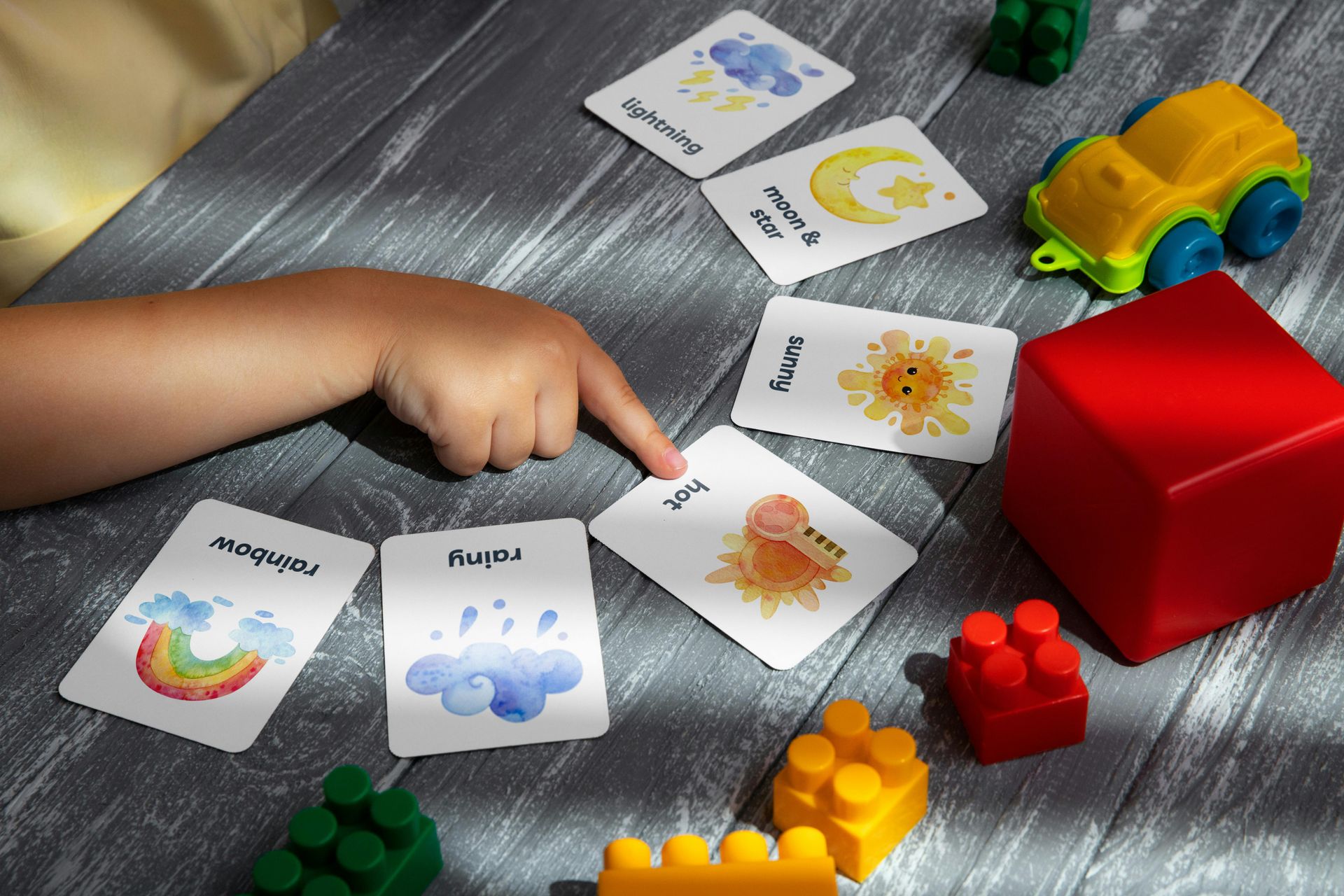Top Tips for Improving Social Skills in Children with Autism
Top Tips for Improving Social Skills in Children with Autism

Autism Spectrum Disorder is a developmental disorder that can make communication and social interaction a very difficult ordeal for children. Be that as it may, there is a lot that parents and loved ones can do to support a child with autism in growing and developing their social skills.
1. Model desired behaviors and let them practice
Children learn by observing. They watch how adults and others act and try to do the same. For parents of children with autism, they need to take it a step further than just observation since children with autism are less likely to fully grasp what they are watching. They may need parts of a social interaction explained to them piece by piece. Then, by role playing or practicing a similar social interaction with guidance, a child can begin to experience what it feels like to be successful with any given social skill.
2. Reinforce positive behavior
Positive reinforcement is often used to spur on progress with social skills as well as other skills for children with autism. Choose small rewards that will work for your child. These can be tangible, edible, verbal praise, or a favorite activity. Deliver the reinforcer as quickly as possible after the desired behavior is seen—ideally as quickly as 5 seconds or less. Change reinforcers as necessary, but stick with it. Over time, the desired behavior will increase, even as the reward is slowly removed.
3. Work through scenarios that may occur with visual aids
It can be very helpful to prep a child with autism for potential social scenarios. Often this is done using social stories that involve pictures or videos showing a child what may happen and how to respond appropriately. Conversely, some children may respond well to a form of social coaching where social interactions are recorded and played back so that the parent can explain behaviors and offer feedback.
4. Provide structured interactions and set the stage for success
Children with autism especially appreciate structure and routine. Social skills may be easiest to learn and practice in a small, controlled settling. This may be a small form of group therapy where children are working on similar social skills, even in an informal way. Children can learn a skill at home, and then practice it in a safe space before applying to a more organic setting.
Positive Reinforcement provides in home ABA therapy for Richmond Virginia, Somerset Kentucky and surrounding areas.










